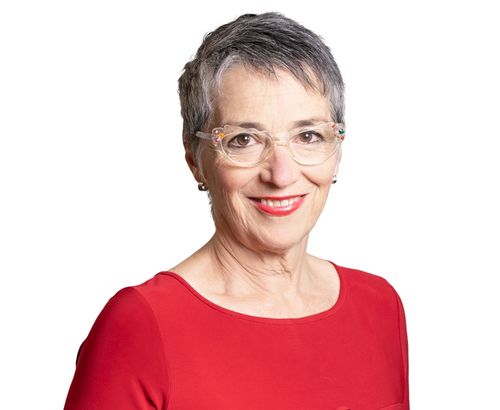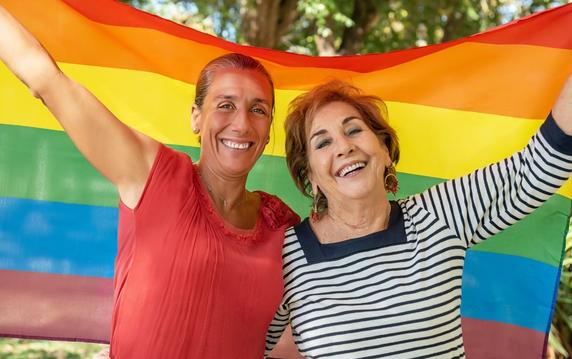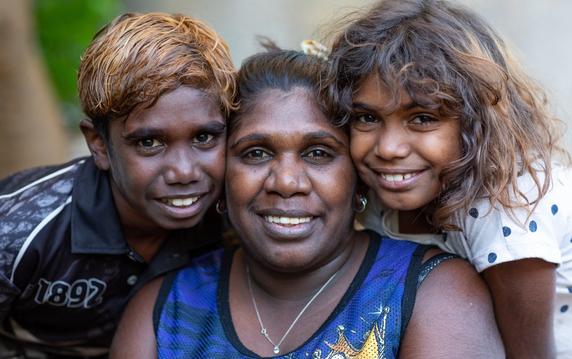
Most of us don’t have to think twice about being accepted for who we are without prejudice whether at work, in our personal lives, or when accessing health care. Unfortunately, for people who are Aboriginal, who have diverse bodies and identities, or who have a multicultural background, this is all too often not their experience.
We know that for many Aboriginal people, inequity exists in the health system leading to shorter life expectancy, other adverse health outcomes such as chronic health conditions, and poor access to, and a lack of, culturally appropriate services. This inequity has endured for generations alongside racism and intergenerational trauma.
 The communities that make up Western Australia are very diverse, and we all benefit from that diversity in our lives, families, workplaces and society. However, research and consultation feedback demonstrate that health services don’t always fully reflect diversity, and the discrimination, harassment and hostility experienced by LGBTIQA+ people in many parts of everyday life can also impact on equitable access to, and experience of engaging with, health services.
The communities that make up Western Australia are very diverse, and we all benefit from that diversity in our lives, families, workplaces and society. However, research and consultation feedback demonstrate that health services don’t always fully reflect diversity, and the discrimination, harassment and hostility experienced by LGBTIQA+ people in many parts of everyday life can also impact on equitable access to, and experience of engaging with, health services.
In our own survey, 63 per cent of LGBTIQA+ people who responded reported feeling unsafe in a health care setting. This can lead to important information not being disclosed to health providers and timely and appropriate health care not being accessed.
WA Primary Health Alliance strives to address inequity through our commitment to Closing the Gap targets and the Quintuple Aim for Health Care Improvement and recognises that the most effective services are those that people feel safe to use. Additionally, we are committed to becoming a more diverse and inclusive workplace than we already are, so that all our staff feel confident, safe and valued.
I am therefore delighted to present the first two of three foundational documents that will guide our journey towards cultural competency, diversity and inclusion, being the Aboriginal Cultural Competency and Capability Framework 2023-2025 and the LGBTIQA+ Equity and Inclusion Framework 2023-2025. A third Framework, focusing on multicultural communities, is in development, and we hope to launch it later this year.
 These Frameworks, along with our Innovate Reconciliation Action Plan, QIC Health and Community Standards accreditation, Quality in Practice accreditation and Rainbow Tick accreditation, commit us to a three-year timeframe, working internally, with services we commission, and with other primary health care services, to support, and learn from, their journeys to developing cultural competency.
These Frameworks, along with our Innovate Reconciliation Action Plan, QIC Health and Community Standards accreditation, Quality in Practice accreditation and Rainbow Tick accreditation, commit us to a three-year timeframe, working internally, with services we commission, and with other primary health care services, to support, and learn from, their journeys to developing cultural competency.
WA Primary Health Alliance is committed to moving towards authentic partnerships with Aboriginal communities, LGBTIQA+ communities and multicultural communities and we will use these Frameworks and their respective implementation plans to hold ourselves accountable to our Board, staff and community members.
In closing, I would like to acknowledge the tremendous contribution to these first two Frameworks of Kambarang Services and Prism Consulting, our reference groups and staff, community members, service providers and representative organisations.
Learne Durrington
Chief Executive Officer
